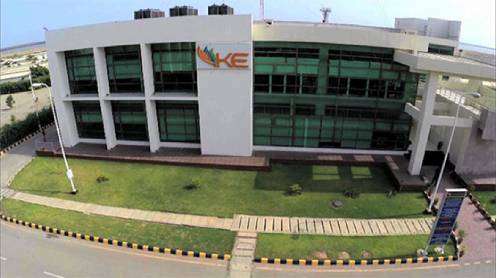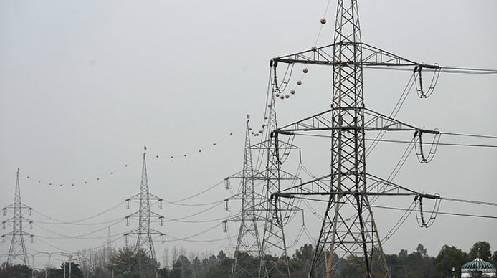ISLAMABAD: K-Electric (KE) has requested the Securities and Exchange Commission of Pakistan (SECP) to extend its exemption from applying the Expected Credit Loss (ECL) model under International Financial Reporting Standard 9 (IFRS 9) for an additional two years. The utility argues that the core cause of circular debt accumulation—massive receivables from federal and provincial government entities—remains unchanged, according to sources in the SECP.
The request was submitted through a joint letter signed by KE CEO Syed Moonis Abdullah Alvi and Company Secretary Rizwan Pesnani. The letter refers to SRO 1784(I)/2024, issued on November 4, 2024, which had temporarily exempted companies holding financial assets linked to circular debt from applying the ECL model for financial years ending on or before December 31, 2025. Instead, such companies were allowed to follow IAS 39 during the exemption period.
KE noted that despite the initial relief, the circular debt crisis has shown no meaningful improvement. It reiterated that applying IFRS 9 in the current environment is impractical because the ECL model requires reliable data on expected recoveries—something unavailable for receivables stuck within the circular debt chain. With no historical recovery pattern and no clear future visibility, KE argues that any forecasting would be subjective and create “unusual distortions” in provisioning.
The utility further stressed that had government receivables been paid on time, it would have made corresponding payments to fuel suppliers and other creditors, preventing further circular debt build-up. Applying impairment only to receivables—without accounting for linked payables—does not reflect the true financial substance of the situation, it said.
KE warned that enforcing IFRS 9 could adversely affect capital markets by weakening company results, trigger breaches in loan covenants during a severe liquidity crunch, and cause erratic fluctuations in financial statements due to lump-sum and unpredictable government payments. Such outcomes, it stated, could undermine the ability of affected companies to maintain operations smoothly.
Reaffirming its commitment to accounting standards, KE urged the SECP to consider sectoral realities and extend the exemption from ECL application on government-related receivables for an additional two years to avoid undue financial distortions and operational challenges.
Story by Mushtaq Ghumman







